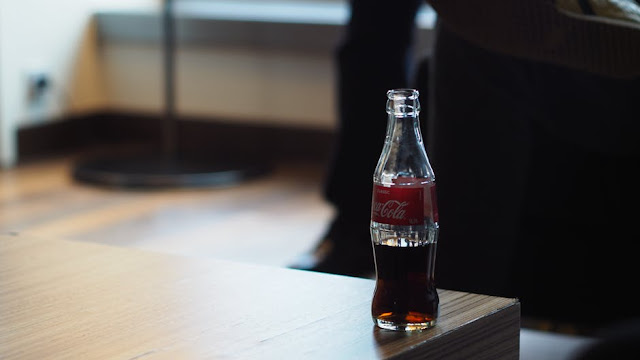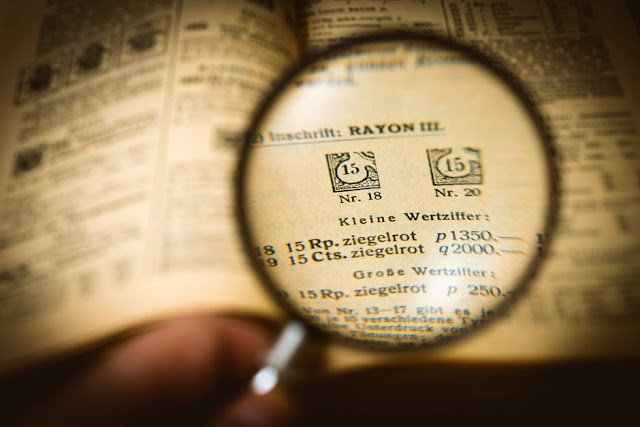A Tall Glass of Humility
We all know the story of the New Coke debacle—or at least, we think we do. It’s one of the most notorious corporate blunders of the last century. ‘What group of geniuses could look at a brand like Coca-Cola and decide to reconfigure the formula?’ we ask, rhetorically. ‘What were they thinking?’ After all, what’s the most beloved cola on the planet?
If you’re like most people, your answer would probably be Coke. And you’d be right—and wrong.
As a Pepsi TV campaign once famously showed us, a blindfolded person tends to prefer Pepsi. And yet, culturally, Coke is the icon and Pepsi is the runner-up, the also-ran.
“Culturally” is the key word here. Over a century of marketing momentum has enmeshed Coke in our brains, building strong unconscious associations with childhood, America, sports, nostalgia, and Christmas. Heck, the modern red-suited version of Santa Claus came from a Coca Cola ad. You’re not just drinking any old brown carbonated liquid, you’re drinking the distillation of a thousand images, ideas, and memories. And so, while a purely logical human would choose Pepsi more often than Coke, in our media-saturated world, the reverse is true.
And in fact, it’s possible to know exactly what those Coke execs were thinking back in the eighties. They’d done their homework, and time after time, New Coke was found to be the clear favorite—in blind taste tests. New Coke’s lighter, sweeter flavor seemed to be the obvious winner. (In fact, this is generally true: with nothing else to go on, blind tasters tend towards the option that can supply more of a sugar rush.)
The trouble is, life is not a blind taste test.
Frequently, even the most rational among us do not react with the logical, analytical part of our brains. The emotional, instinctive systems rule the day, and so instead of rejoicing at the new, dare we say more Pepsi-like formula, loss aversion kicked in. The emotional systems of the brain hate the feeling of losing something. A loss is considered more powerful than a win of equal value. The trouble wasn’t just the change (also disconcerting to the emotional brain), but the sudden lack of the Old Coke. Nothing could soothe the pain of no longer being able to access those built-in associations of warm, fuzzy memories just by pouring a tall, fizzy glass of familiar cola.
And so the Coca Cola company learned its lesson, quickly pivoting back to what they now called “Coca Cola Classic.” A fitting term for this classic tale of image over substance, and one bubbly brown drink over another.
Check out Robb’s new book and more
content at www.bestmindframe.com.





Comments
Post a Comment